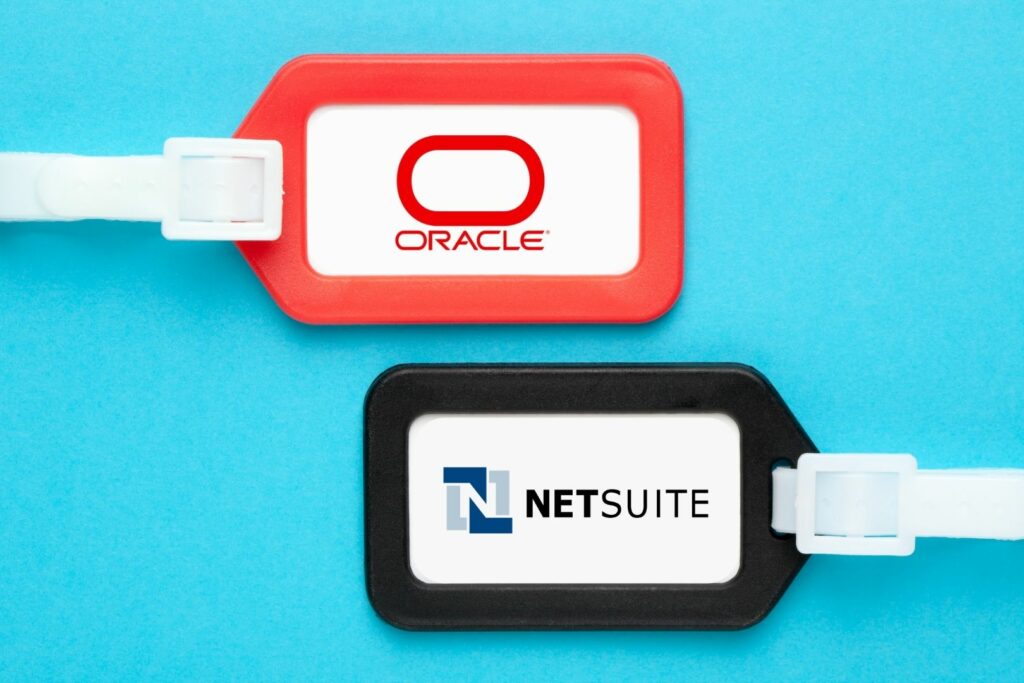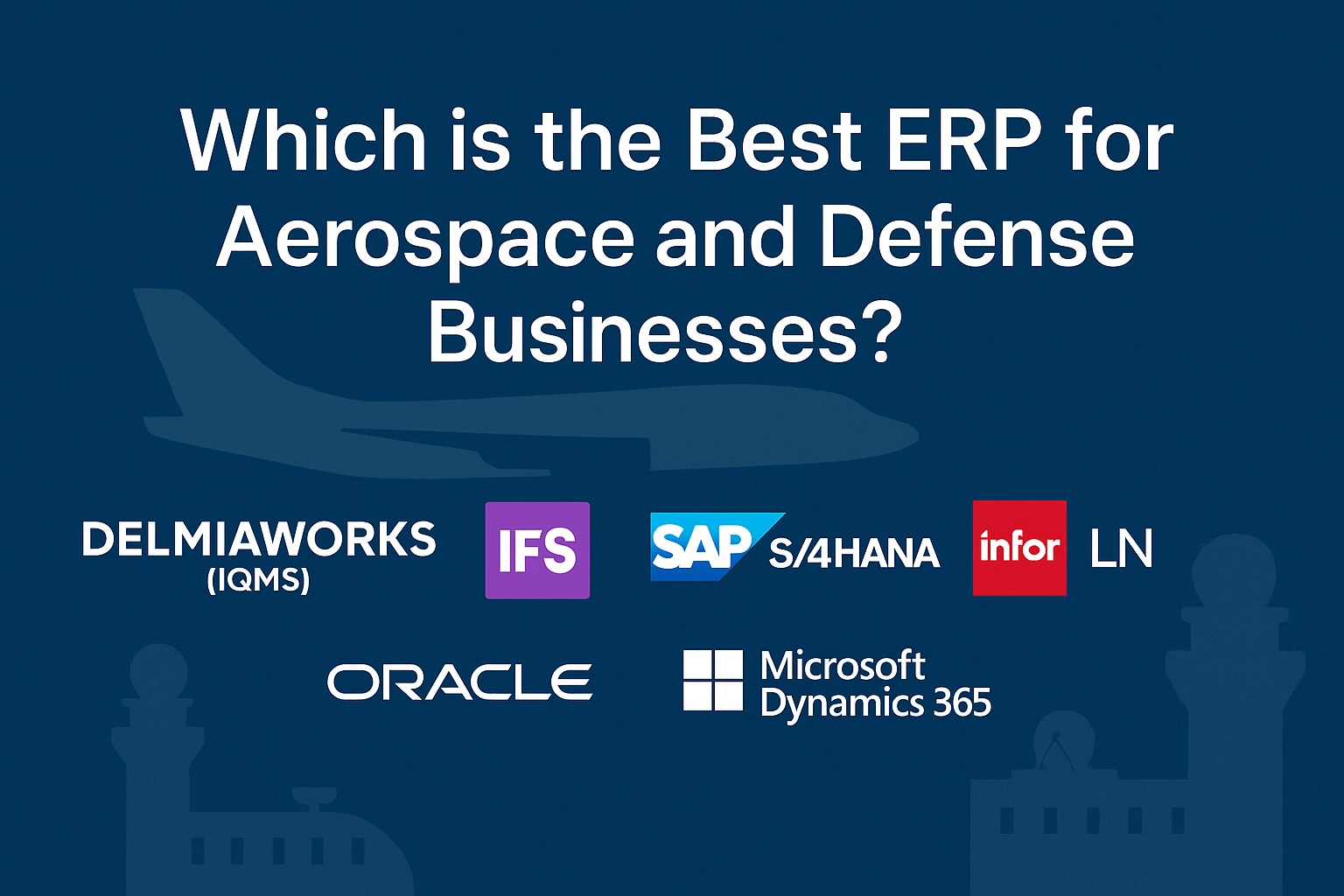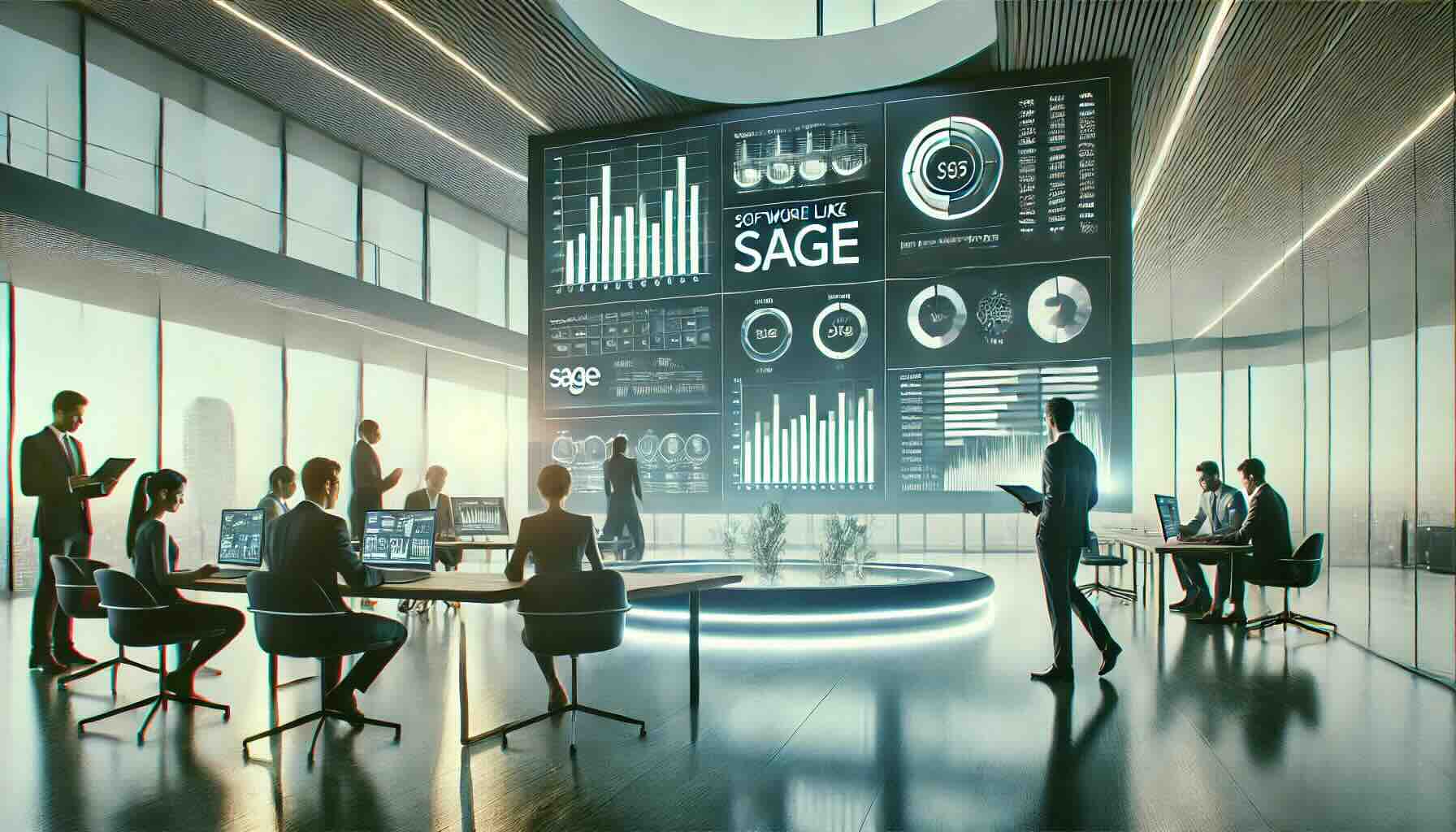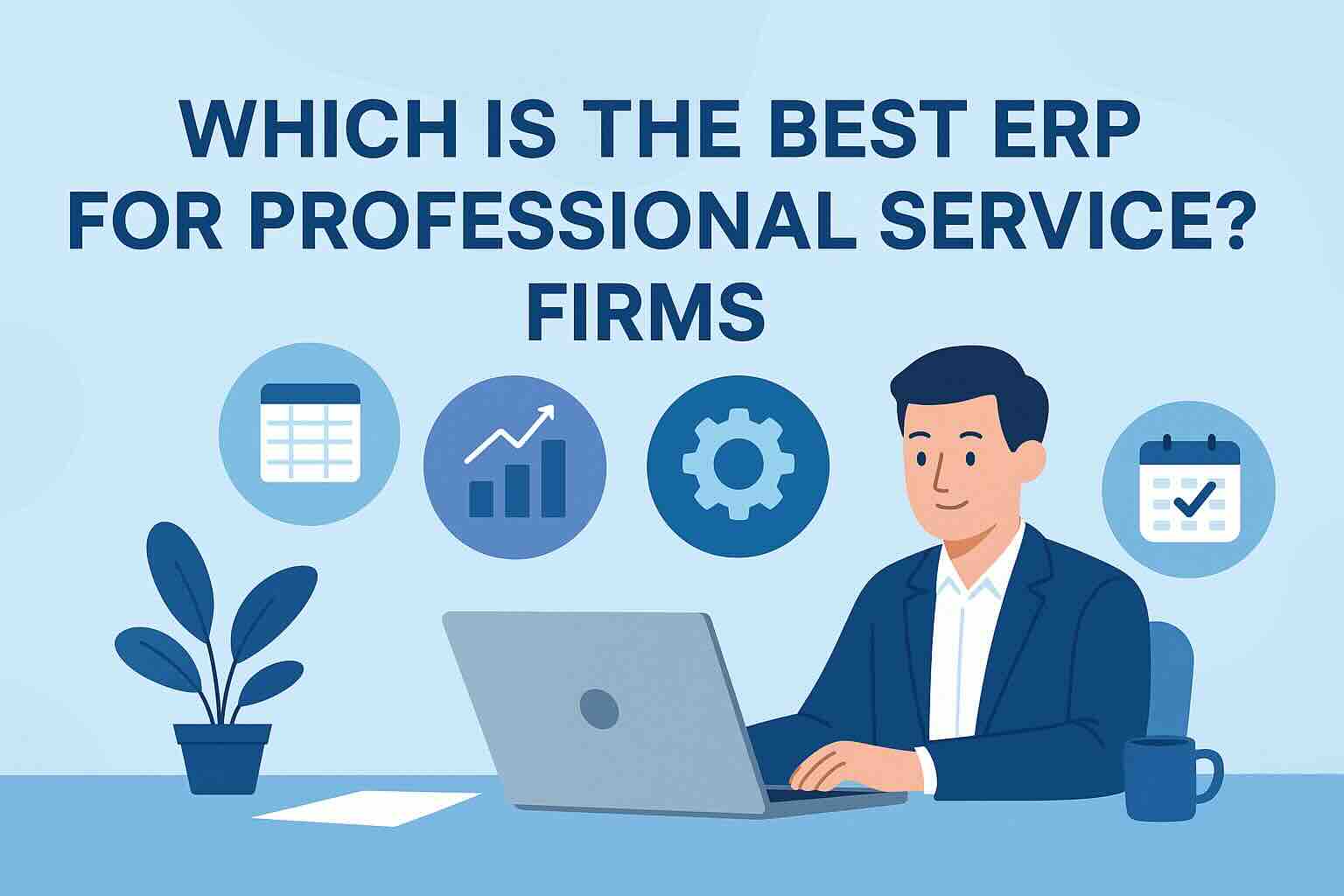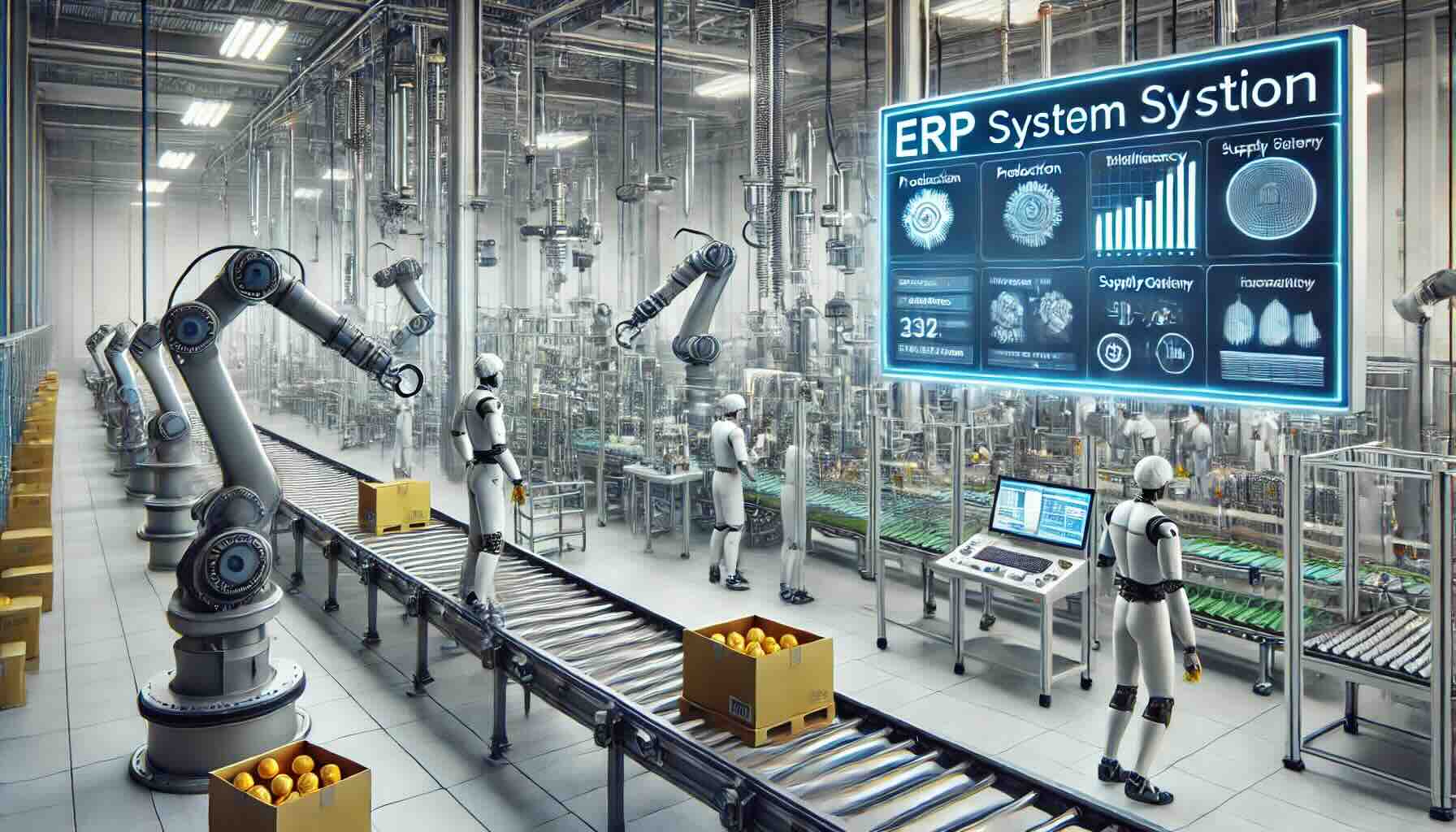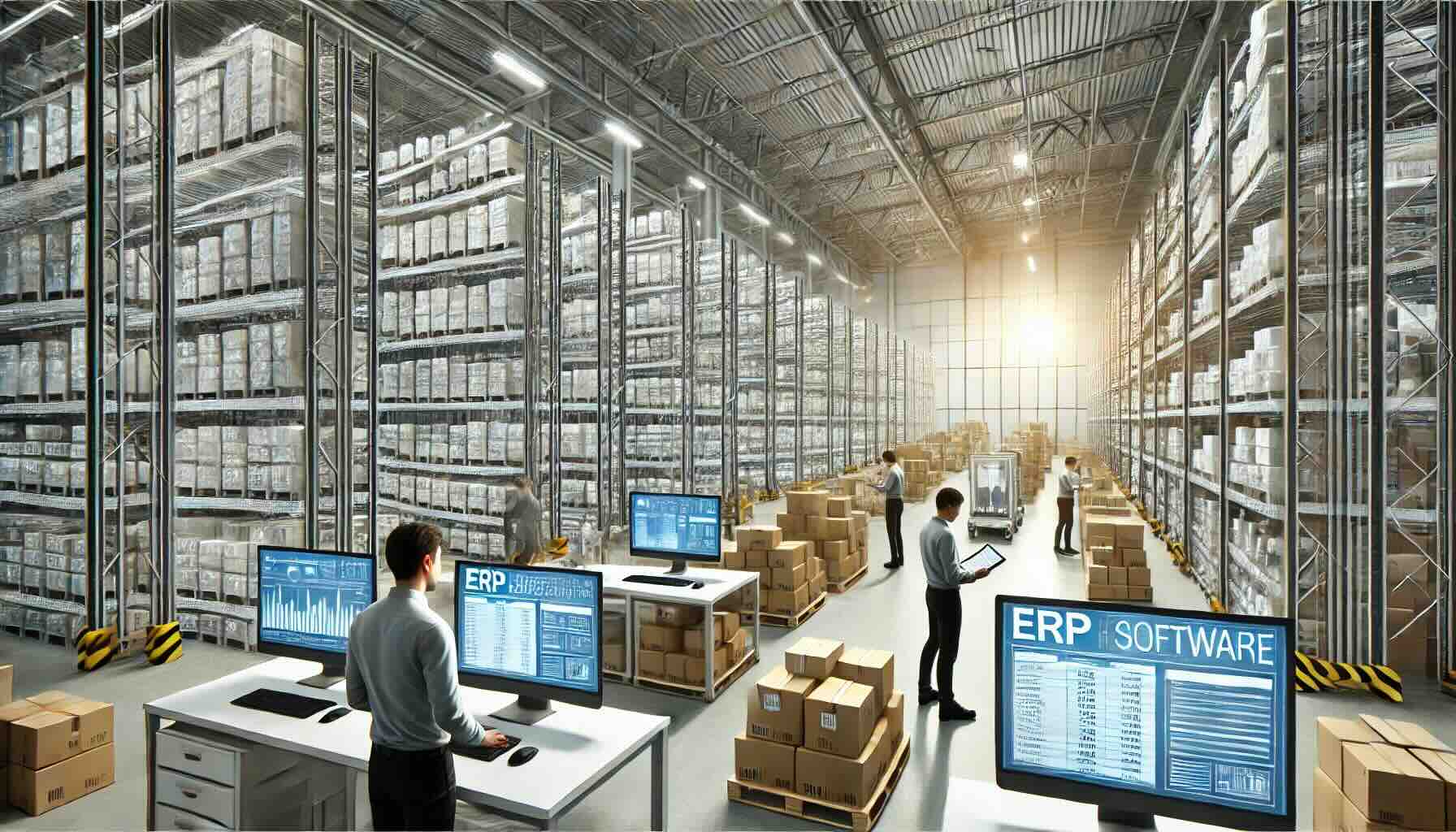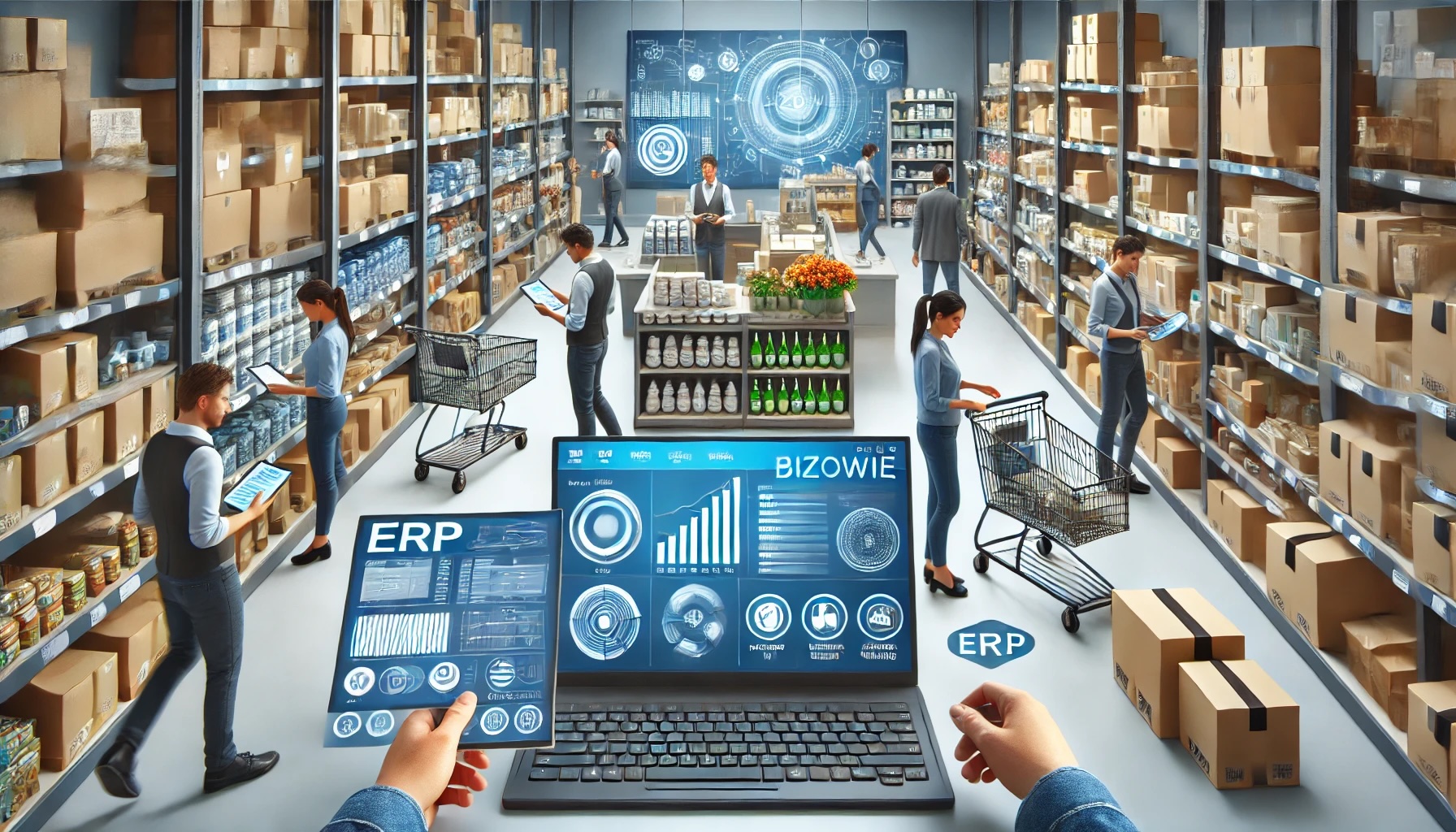Which ERP is Best? A Comprehensive Guide to Choosing the Right ERP System
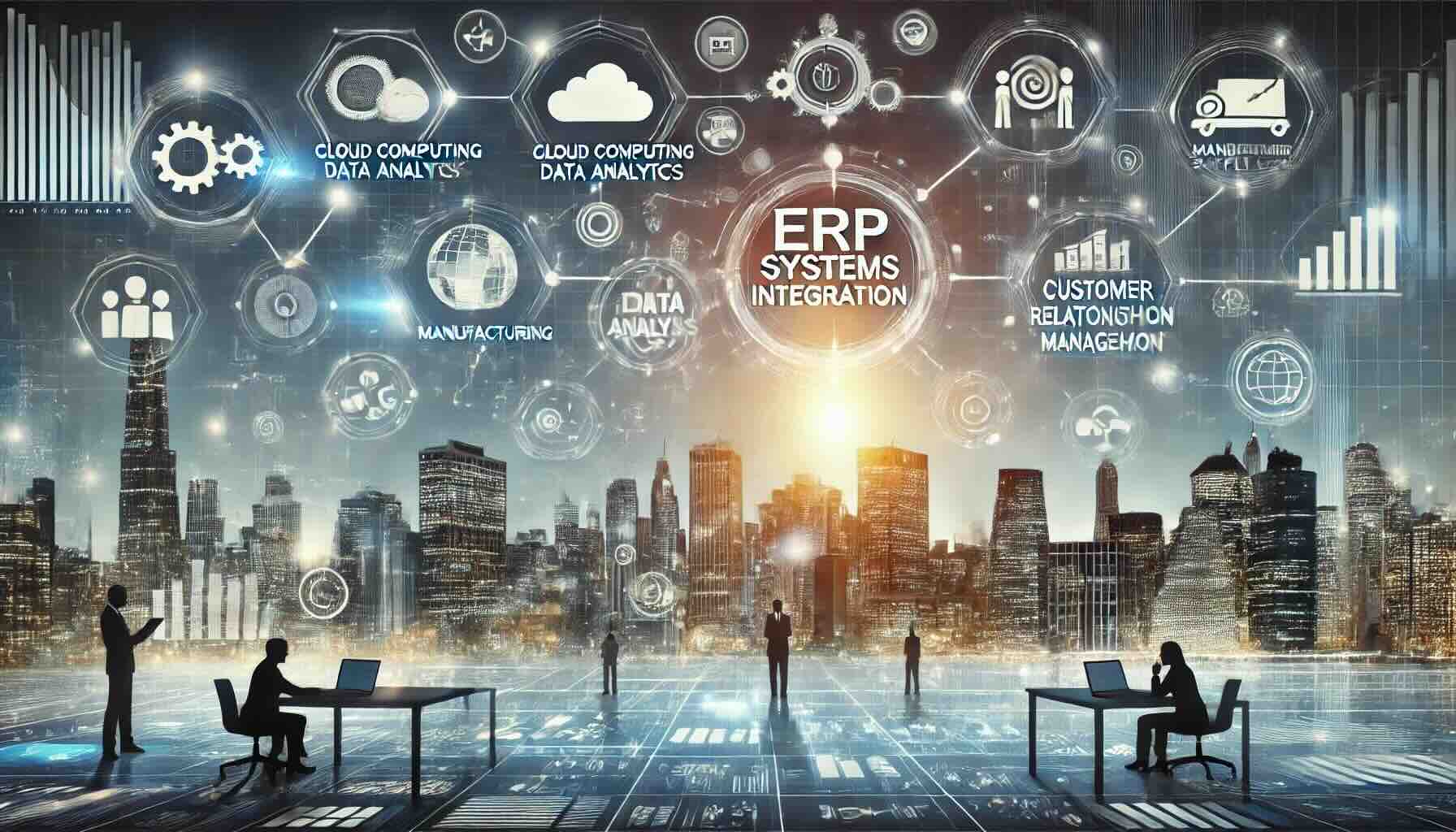
Enterprise Resource Planning (ERP) systems are at the heart of modern business operations, enabling companies to streamline processes, enhance productivity, and improve decision-making. With a myriad of options available in the market, selecting the right ERP can be challenging. If you’re asking yourself, “Which ERP is best?”—this guide will provide the insights you need to make an informed decision.
What Is an ERP System?
ERP software integrates key business functions such as finance, human resources, manufacturing, supply chain, and customer relationship management (CRM) into a unified platform. By providing real-time visibility and automation, ERP systems help businesses improve efficiency and reduce operational silos.
Factors to Consider When Choosing an ERP
Before diving into specific options, it’s crucial to evaluate what you need from an ERP system. Consider the following factors:
- Business Size and Industry Needs
ERP systems are tailored for different business sizes and industries. For instance:- Small businesses might prioritize affordability and ease of use.
- Large enterprises require robust features and scalability.
- Industry-specific needs such as manufacturing or retail require specialized modules.
- Cloud vs. On-Premise
Decide whether you need a cloud-based ERP (offering flexibility and lower upfront costs) or an on-premise solution (providing more control and security). - Ease of Use
A user-friendly interface ensures smooth adoption by your team, minimizing training time and resistance. - Customization and Scalability
Ensure the ERP can grow with your business and be tailored to your unique requirements. - Integration Capabilities
Your ERP should seamlessly integrate with existing tools like CRM, e-commerce platforms, or third-party software. - Cost
Evaluate the total cost of ownership, including licensing, implementation, training, and maintenance.
Top ERP Systems to Consider
Here’s a look at some of the best ERP systems, categorized by their strengths:
1. SAP S/4HANA
- Best for: Large Enterprises
- Strengths:
SAP S/4HANA is a comprehensive ERP solution offering advanced analytics, AI-driven insights, and industry-specific modules. Its real-time processing capabilities make it a favorite among global corporations. - Weaknesses:
High cost and complexity of implementation may not suit smaller businesses.
To find out more about SAP S/4HANA you can visit this link.
2. Oracle NetSuite
- Best for: Small to Mid-Sized Businesses
- Strengths:
NetSuite offers cloud-based ERP functionality tailored to growing businesses. Its unified platform includes financials, CRM, and e-commerce capabilities. - Weaknesses:
Customization can be limited, and scaling for larger enterprises might require additional modules.
To find out more about Netsuite you can visit this link.
3. Microsoft Dynamics 365
- Best for: Flexibility and Integration
- Strengths:
Dynamics 365 integrates seamlessly with Microsoft products like Office 365 and Power BI. It offers a modular design, allowing businesses to implement only what they need. - Weaknesses:
Customization and implementation can be resource-intensive.
To find out more about Microsoft you can visit this link.
4. Infor CloudSuite
- Best for: Manufacturing and Healthcare
- Strengths:
Infor specializes in industry-specific solutions, with strengths in manufacturing, healthcare, and distribution. Its cloud-based architecture ensures scalability. - Weaknesses:
Limited flexibility for businesses outside its target industries.
To find out more about Infor you can visit this link.
5. Odoo
- Best for: Open-Source and Budget-Conscious Businesses
- Strengths:
Odoo is a highly customizable, open-source ERP with modular features, making it ideal for small businesses and startups. - Weaknesses:
Requires technical expertise for customization and may not be as robust for large enterprises.
To find out more about Odoo you can visit this link.
6. Epicor ERP
- Best for: Manufacturing and Distribution
- Strengths:
Epicor focuses on operational efficiency, making it ideal for manufacturers and distributors. Its user-friendly interface and industry-specific modules are standout features. - Weaknesses:
Scalability beyond mid-sized businesses may require additional investments.
To find out more about Epicor you can visit this link.
How to Decide Which ERP Is Best for Your Business
While there isn’t a one-size-fits-all answer to the question, “Which ERP is best?”—the right ERP for your business depends on aligning the software’s capabilities with your specific needs. Here’s how to choose:
- Conduct a Needs Assessment
- Identify pain points in your current processes.
- List must-have features versus nice-to-have options.
- Shortlist Vendors
- Based on your business size, budget, and industry, create a shortlist of ERP vendors.
- Request Demos and Trials
- A hands-on trial is essential to evaluate usability and functionality.
- Check References
- Speak to other businesses in your industry using the same ERP.
- Plan for Implementation
- Ensure the vendor provides adequate support for deployment and training.
Conclusion
Choosing the best ERP system is a critical decision that impacts the efficiency and growth of your business. Whether you opt for SAP S/4HANA’s enterprise-level capabilities, Oracle NetSuite’s cloud-based versatility, or Odoo’s open-source flexibility, the key is to focus on your unique business needs. Evaluate the options, plan thoroughly, and invest in an ERP that aligns with your goals.
By making an informed choice, you’ll not only streamline your operations but also position your business for long-term success. So, which ERP is best for you? Start by defining your requirements, and let the right ERP system transform your business operations.
To compare these ERP solutions and many more, you can use our new AI-powered Compare ERP tool. It’s free to use and you get a guaranteed discount on your first year’s licence fees with a referral from Compare ERP.
